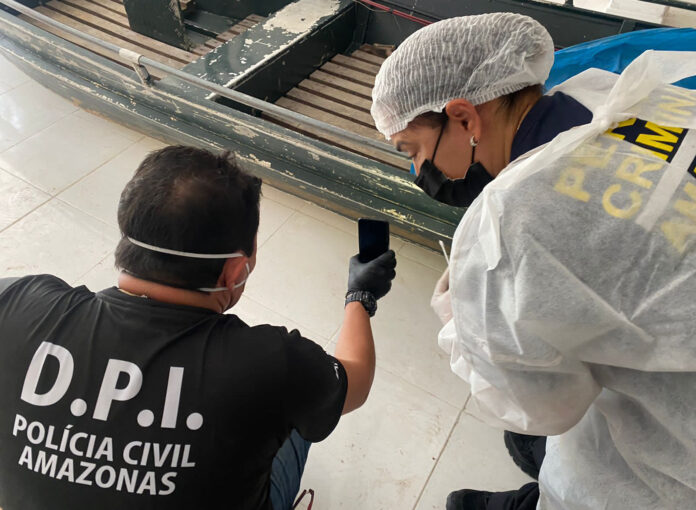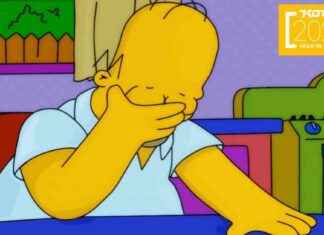The search for British journalist Dom Phillips and indigenist Bruno Pereira has turned a corner with the discovery of their personal belongings such as clothing and shoes, a week after their disappearance in the Brazilian Amazon.
“Objects belonging to the disappeared were found: a health card, a black pair of pants, a black sandal and a pair of boots” from Pereira, and a pair of boots and a backpack from Phillips “containing personal clothing,” he said in a note. the Federal Police in Amazonas.
Previously, the Amazon Firefighters had informed the local press of the discovery of the objects that could belong to the disappeared, found “near the house” of Amarildo da Costa Oliveira, the only one detained in the case.
The police said on Sunday that the investigators, on the seventh day of work, traveled about 25 kilometers with “detailed searches through the jungle, roads in the region and flooded vegetation” especially in the area where a boat that would belong to Oliveira was found. .
Images released by police on Sunday show experts dressed in white waterproof overalls and latex gloves, working in small canoes in a flooded area of vegetation surrounded by trees.
Phillips, 57, a contributor to the British newspaper The Guardian, and Pereira, 41, an expert with Brazil’s government agency for indigenous affairs (Funai), were traveling by boat through the Javarí Valley region, a remote area on the far west of the state of Amazonas, hit by drug trafficking and the presence of illegal miners, loggers and fishermen.
They were last seen last Sunday morning, in the Sao Gabriel community, not far from their destination, Atalaia do Norte.
Witnesses said they saw the 41-year-old fisherman Oliveira pass by in a boat at high speed in the same direction as Phillips and Pereira, before his disappearance.
The Federal Police admitted on Wednesday that they did not rule out “any line of investigation,” including homicide.
According to local indigenous activists, Pereira suffered frequent threats for his fight against invasions on indigenous lands.
On this trip, the expert acted as a guide for Phillips, who was preparing a book on environmental conservation in this area located on the border with Peru and Colombia, which is home to a protected indigenous land of 8.5 million hectares.
Several dozen people, mostly relatives and friends, gathered Sunday on Copacabana beach, in Rio de Janeiro, where the reporter used to do ‘stand-up paddle’ every morning before moving last year to Salvador (northeast ) with his Brazilian wife, Alessandra.
“At first we had crazy faith that they had noticed some danger and had hidden in the jungle. Now not anymore,” said Maria Lúcia Farias, 78, Phillips’ mother-in-law, with a sad look.
Later, according to The Guardian newspaper, Farias shared a more pessimistic statement on Instagram.
“They are no longer with us. Mother Nature has snatched them away with a grateful embrace,” he said. And he added: “Their souls have joined those of so many others who gave their lives in defense of the jungle and the indigenous peoples.”
The far-right government of Jair Bolsonaro has been the target of criticism from relatives and indigenous groups for the delay in deploying a tracking device.
Bolsonaro, who described the expedition carried out by Phillips and Pereira as an “adventure not recommended,” said Friday at the Summit of the Americas that the armed forces and the police have carried out a “tireless search” from day one.
Conforms to The Trust Project criteria








